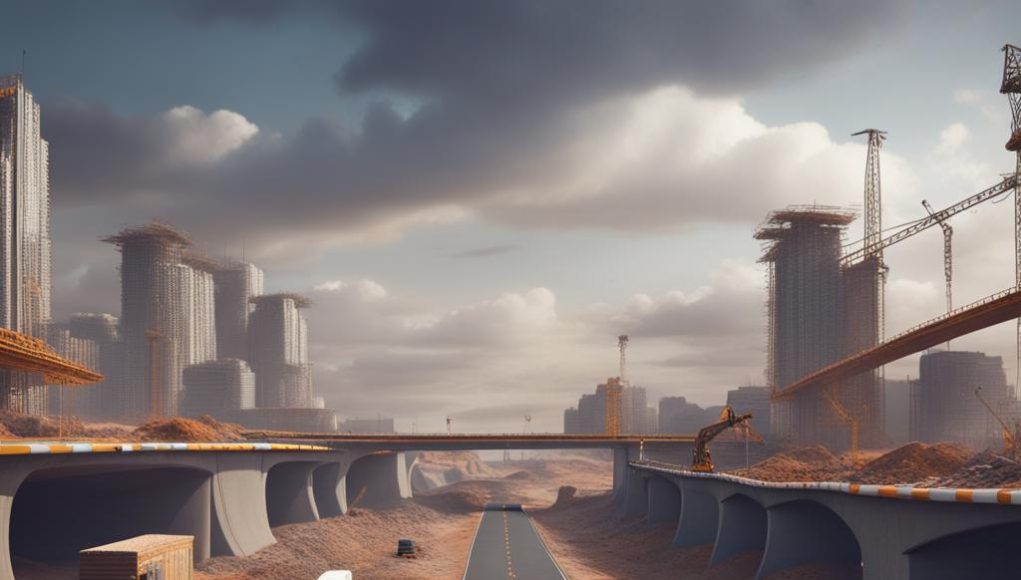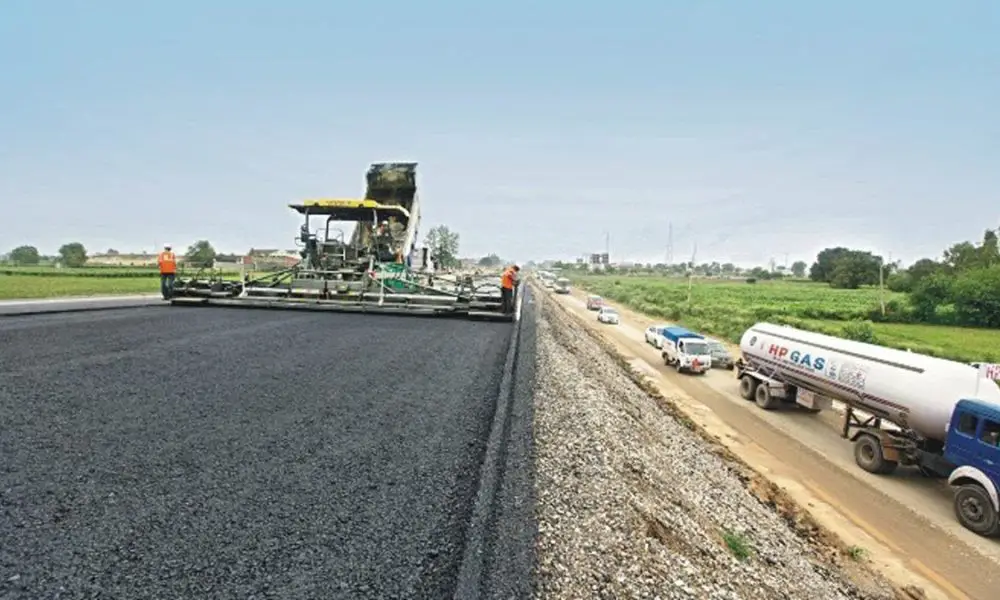In a recent update, progress on the $2B Lagos-Calabar Coastal Highway Project takes shape as the expected completion time is announced. The minister of works, David Umahi, provided fresh updates on the significant coastal highway construction. The minister indicated that the project would take eight years for it to be fully completed. He also noted that the project will cost $3.2M per kilometer, which translates to N4bn per kilometer.
He, however, said the cost is a tentative one based on the fact that there are other projects in Nigeria under the same budget. Mr. David Umahi seeks to ensure the delivery of the project as he insights it is a prudent one to improve Nigeria’s transport sector. One of the ways the Nigerian government seeks to recoup its money is by tolling the Lagos-Calabar Coastal Highway. The government expects to have returned its investment on the road after 15 years upon completion.
The Significance of the Lagos-Calabar Coastal Highway Project
The Federal Executive Council in Nigeria led by His Excellency, President Bola Tinubu, flagged off the Lagos-Calabar Coastal highway project. It was decided that the contract would be awarded to Messrs Hitech Construction Africa. This ambitious project is designed to improve national connectivity and will be implemented in stages. This will allow for incremental opening of the completed segments for public use. It will also facilitate in the initiation of toll collection which the government seeks to use to earn back revenue. The Lagos-Calabar coastal highway would integrate significant routes such as the Badagry Expressway and the Fourth Mainland Bridge. The route will also extend to the Lekki Deep Seaport Road. The construction of the highway will immensely facilitate the connection of various routes and regions in North Nigeria. The project will be essential in connecting Nigeria’s transport sector and also ensure easy movement across the country.
The Scope of the Highway Construction Project
The highway project will be completed in sections with section one phase one (from Ahmadu Bello Way, Victoria Island to Lekki Phase 1) being undertaken by Hitech Construction Company. The minister of works insight that the first section of the 1.3km Lagos Calabar coastal road has been achieved. With an envisioned length of around 650 to 700 kilometers, the project seeks to incorporate rail lines. This will be within the median strips of main roads which will immensely facilitate in enhancing transportation flexibility. The Lagos-Calabar Coastal Highway project uses the construction technique of 11-inch pavements reinforced with 20-millimeter steel. This construction technique underpins the project’s commitment to utilizing local resources. It also promotes indigenous industries in Nigeria. This method leverages Nigeria’s rich bitumen reserves. It also aims to invigorate local cement production and steel manufacturing. This includes steel manufacturing companies such as Ajokuta Steel Company.
State of Affairs Regarding the Highway Construction Project.
 Though the project is highly commended and backed up by most of the Nigerian community, some see the project as a loss. One of the reasons is the reclamation of land that is needed to construct the Lagos-Calabar Coastal Highway project. Most insight that the project should revert to its original route design that won’t have people being removed from their lands. The new plan sees that the Lagos portion of the Lagos-Calabar highway is designed to pass through Oniru Beach.
Though the project is highly commended and backed up by most of the Nigerian community, some see the project as a loss. One of the reasons is the reclamation of land that is needed to construct the Lagos-Calabar Coastal Highway project. Most insight that the project should revert to its original route design that won’t have people being removed from their lands. The new plan sees that the Lagos portion of the Lagos-Calabar highway is designed to pass through Oniru Beach.
It will also pass through Landmark Beach, and the Good Beach/Sol Beach spanning 1.4km. The construction of the highway along this trajectory will see the demolition of various properties along the way. It will have a direct and negative impact on the Landmark ecosystem which entails various business and recreation zones. This includes Landmark Beach, Landmark Center, and Landmark Boulevard among others. The demolition of these facilities will see around $100 million in value destroyed.
Also read:
700Km Lagos-Calabar Coastal Highway Construction Commences
Lagos-Ibadan road construction in Nigeria suspended to resume in Jan

